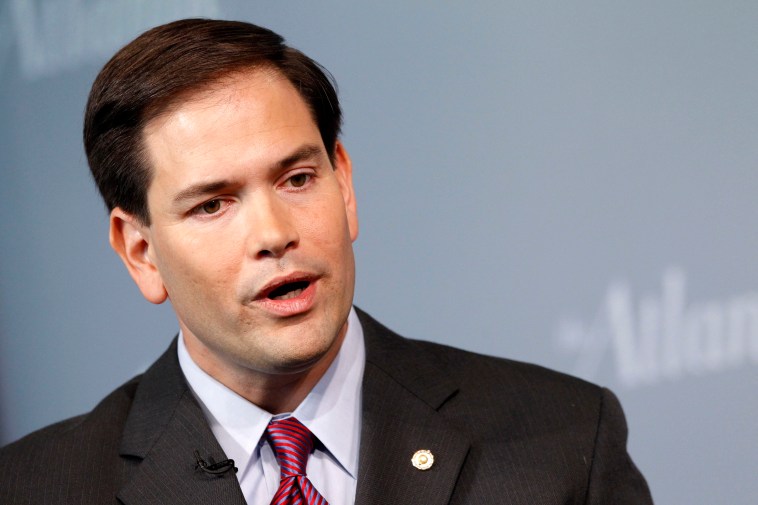WASHINGTON (AP) — A sweeping immigration bill in the Senate ran into criticism Tuesday from advocates who complained it puts up undue barriers to citizenship for millions here illegally.
Videos By Rare
Officials from several immigrant rights’ groups and the Catholic church held a conference call to highlight their concerns about the bill, including a cutoff date that excludes people who arrived here after 2011, and provisions disqualifying anyone with a felony conviction or more than two misdemeanors. President Barack Obama praised the Senate bill generally, though he said he would prefer to see some changes.
Immigrants would also have to pay $2,000 in fines and hundreds more in fees along the bill’s 13-year path to citizenship, and meet income and employment requirements designed to ensure they have resources above 125 percent of the federal poverty line and won’t need to draw on public welfare programs.
Advocates said the policies taken together could exclude hundreds of thousands or even a million or more of the 11 million immigrants here illegally. The Senate Judiciary Committee is to begin voting on the legislation next week.
“If you’re going to leave several hundred thousand behind and leave them in the shadows you’re not solving the problem,” said Kevin Appleby, director of migration and refugee policy for the U.S. Conference of Catholic Bishops.
“We’re very concerned that what the bill does is it punishes people for being poor,” Appleby said.
Marielena Hincapie, executive director of the National Immigration Law Center, said that after reading the 844-page bill, advocates have concluded it needs “major improvements.”
Advocates are also concerned that the bill requires certain goals on border security to be met before anyone can get a green card qualifying them for legal permanent residence and ultimately citizenship, and some say that the path to citizenship takes too long.
Despite their concerns, advocates said they continued to support the overall goals of the bill and promised to fight for its passage even as they try to make it better. And it’s not clear that they have much hope of getting a more favorable agreement.
The bill written by four Republican and four Democratic senators is a delicately crafted compromise meant to balance liberal with conservative goals, and the authors have promised to stick together to oppose any amendments that significantly alter the legislation. And the legislation already is seen as too permissive by many in the conservative-controlled House, which also will have its say.
Sen. Marco Rubio, R-Fla., who helped write the bill, told radio host Mike Gallagher on Tuesday: “The bill that’s in place right now probably can’t pass the House. It will have to be adjusted.”
Several of the bill’s authors have said the American public only is willing to accept citizenship, still derided by some as amnesty, if it comes with tough conditions. Sen. John McCain, R-Ariz., defended the bill’s approach.
“Becoming a United States citizen should not be easy, it’s never been easy for anyone who came here from another country,” McCain said Tuesday at a forum at the University of Southern California Schwarzenegger Institute for State and Global Policy. Republicans such as Rubio have indicated they won’t be able to support the bill if border security and enforcement provisions are weakened.
Obama, who’s embraced immigration legislation as a top second-term priority, also praised the Senate bill Tuesday even though it is stricter in some areas than his own approach on immigration. For example, Obama has not supported making the citizenship pathway contingent on border security.
“The bill that they produced is not the bill that I would have written, there are elements of it that I would change, but I do think that it meets the basic criteria that I laid out from the start,” Obama said at a news conference Tuesday. Those criteria are more effective border security, cracking down on employers who would hire immigrants here illegally, enacting improvements to the legal immigration system, and creating a pathway to citizenship, Obama said.
Obama said he was open to different solutions that might be proposed by the House, but only if his basic criteria still are met.
“And if they meet those criteria but they’re slightly different than the Senate bill, then I think that we should be able to come up with an appropriate compromise,” Obama said. “If it doesn’t meet those criteria, then I will not support such a bill. So we’ll have to wait and see.”
Follow Erica Werner on Twitter: https://twitter.com/ericawerner
Copyright 2013 The Associated Press.

